By: Allan Mathews and Tipu Islam
A peer-to-peer conversation about career-ready skills
Get career ready by learning from your peers.
Allan Mathews (interviewer) is a third-year Science (Life Sciences) student who works as a career peer at the Student Success Centre. Tipu Islam (interviewee) is a third-year Science (Life Sciences) student who is currently job searching.
Note: The following text content is not a complete interview transcript. Some edits and cuts have been made for readability and clarity.
One of the career-ready skills that employers value is professionalism. How have you developed this skill in your academics and paid or unpaid work?
There are many ways of showing professionalism. [In] the three categories you mentioned — academics and paid and volunteer work — professionalism, for me, would reflect in two categories. It would be in the conduct and in the interaction.
So, for [conduct in academics], [if] I’m working on a lab report, and I come across an article that has something that I’d like to mention in my [work], the professionalism would be me properly citing that article and giving it credit, and upholding academic integrity. The interaction in academics would come from the tone and respectful approach that I use to talk to my instructors [and] my colleagues.
The same applies in paid and volunteer work. But, instead of professors, you have supervisors and bosses, and it’s important that I conduct myself in a way that is respectful, that upholds integrity and that reflects the values that I’ve learned at McMaster. It’s about building a positive environment with my colleagues in volunteer and paid work.
Cultural fluency has to do with demonstrating openness and inclusiveness and showing sensitivity. How have you developed this career-ready skill at Mac?
[During] my time here at McMaster, I’ve had the opportunity to interact and collaborate with colleagues who come from different backgrounds and have different skill sets. I think, in every group interaction that I’ve had here at McMaster, I’ve learned about putting together different views. In our program, Life Sciences, which is an interdisciplinary program, putting together different viewpoints enriched my experience and enriched my learning. And I hope to use the collaborative skills I’ve used [at McMaster] to collaborate with colleagues in the workplace.
What advice do you have for students to help them develop career-ready skills?
I think there are many steps that students need to take in order to gain a mastery of all [the career-ready skills]. But I think, mainly, if you perfect two principles, these skills should come in your path. [These principles are] work ethic — being diligent with your work and following schedules — and having respectful interactions with your superiors, professors and colleagues.
Check out all the Career-Ready Conversations
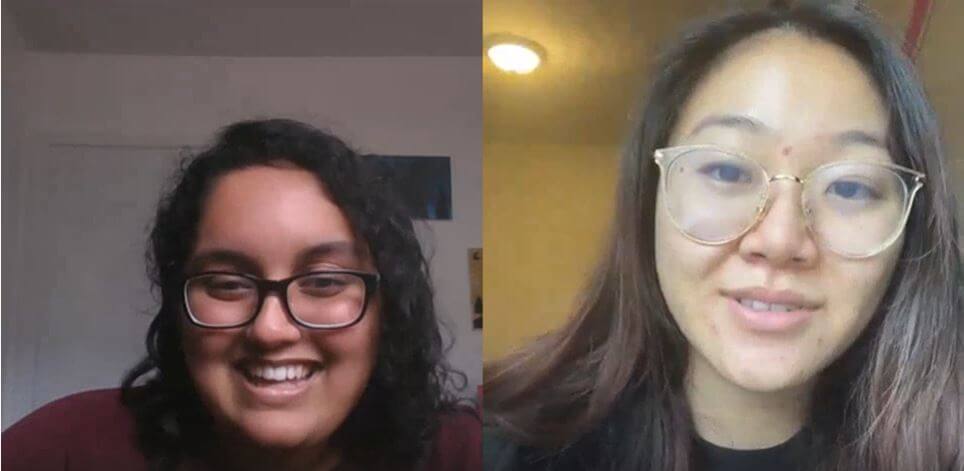
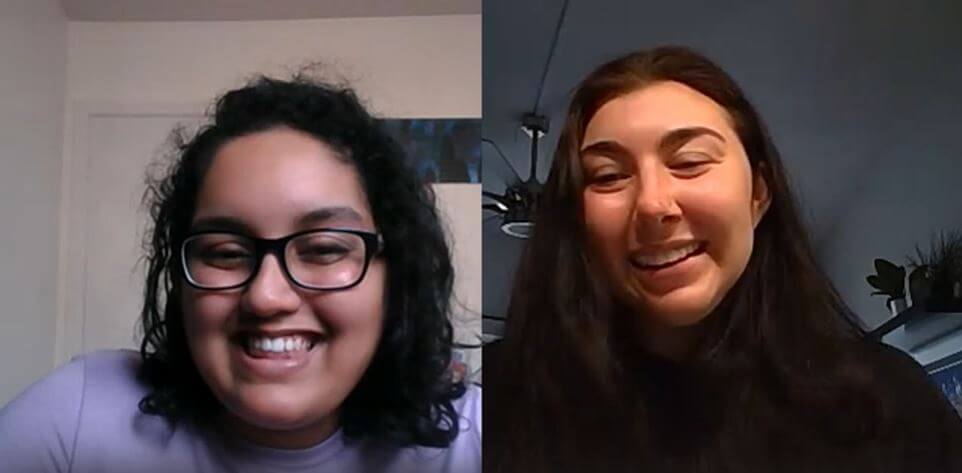
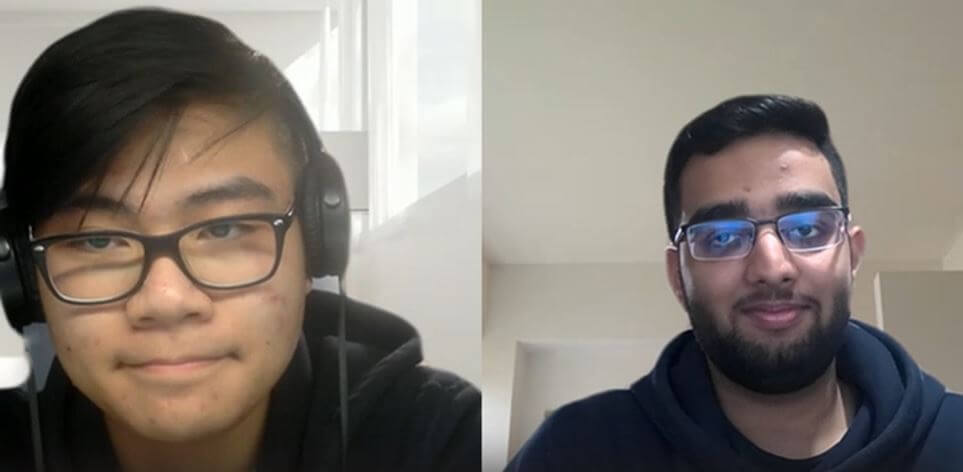
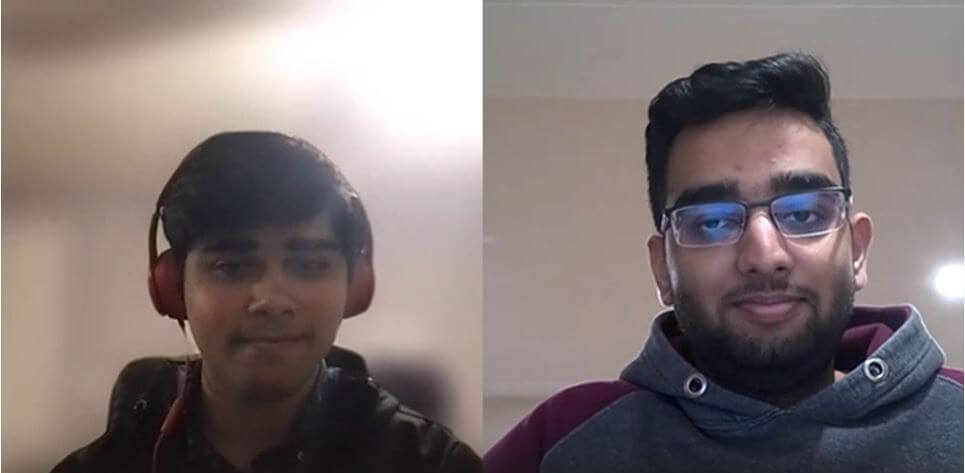
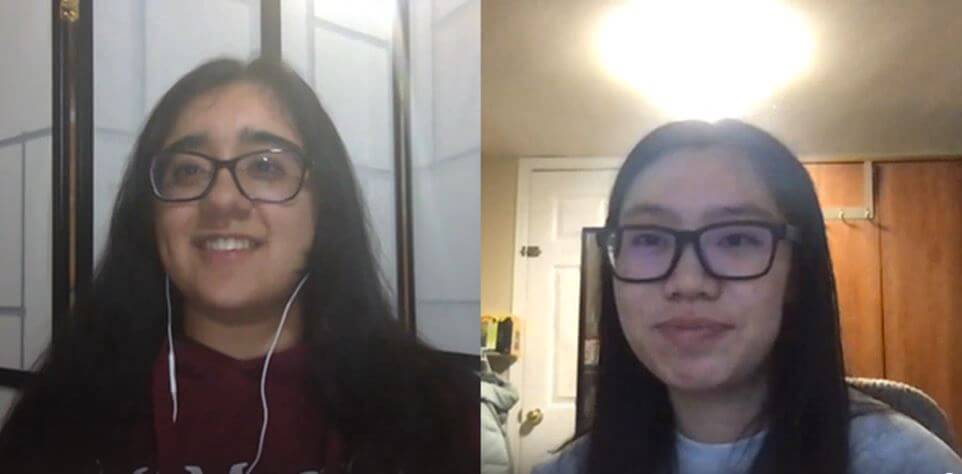
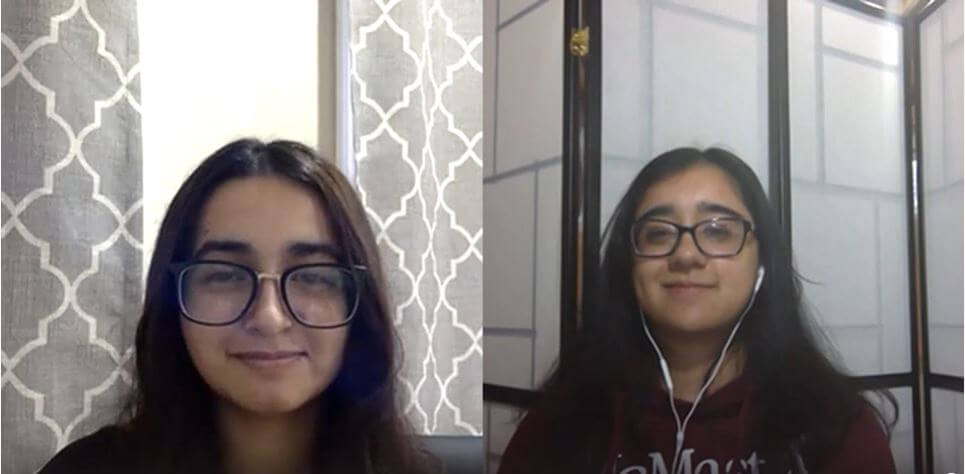
Check out the Career-Ready Conversations tag to access all the interviews. And here are some ways to get thinking about career readiness and start developing your skills.
- Career-Ready Skills (PDF tip sheet)
- Experience building (programs, services and more)
- Global opportunities (intercultural programs)
- Big Interview (mock interview tool)
- McMaster Students Union (more than 300 clubs and services)
- Lyons New Media Centre (technology services and digital resources)
- LinkedIn Learning (skills development courses)